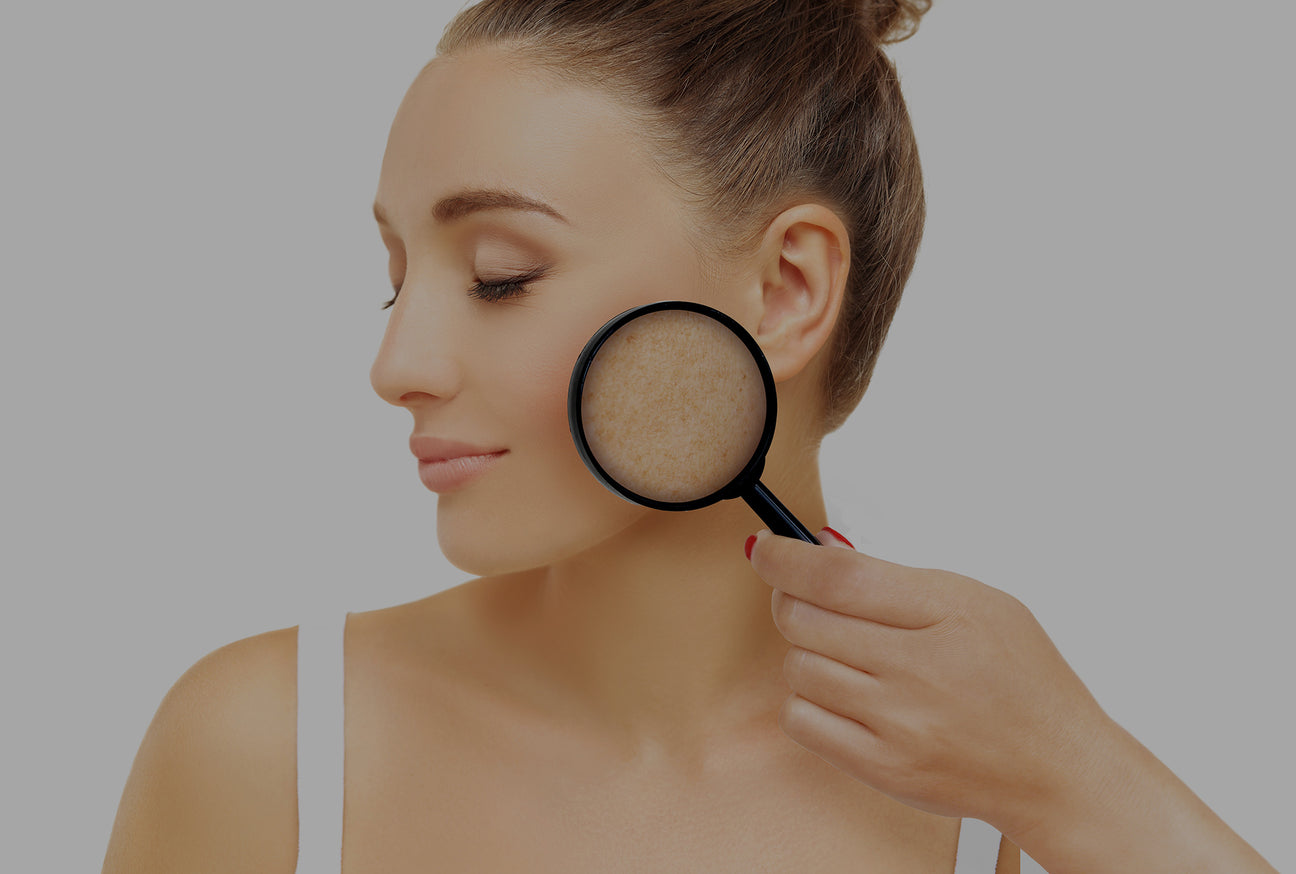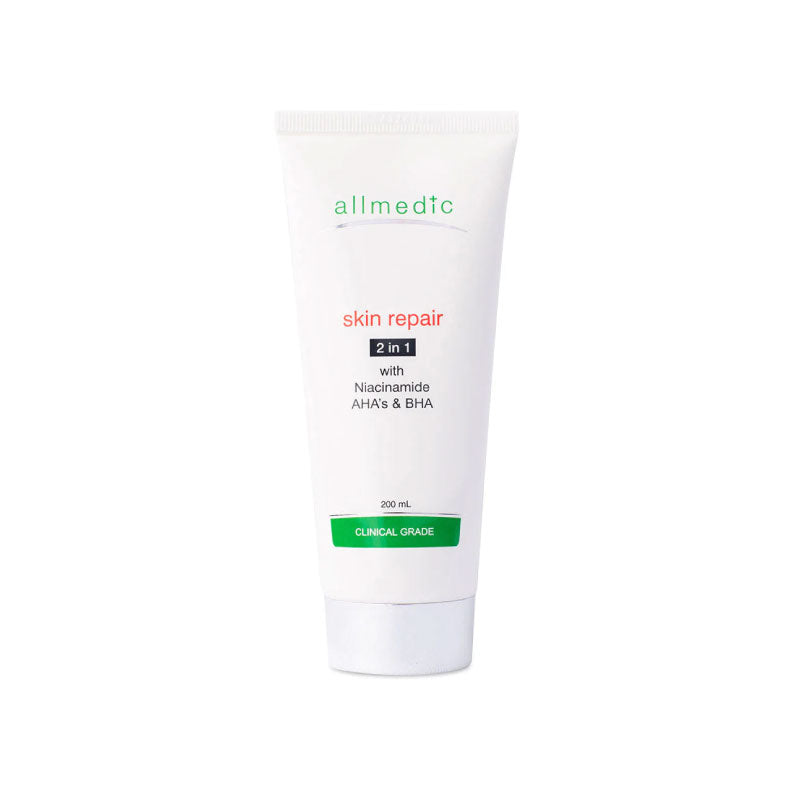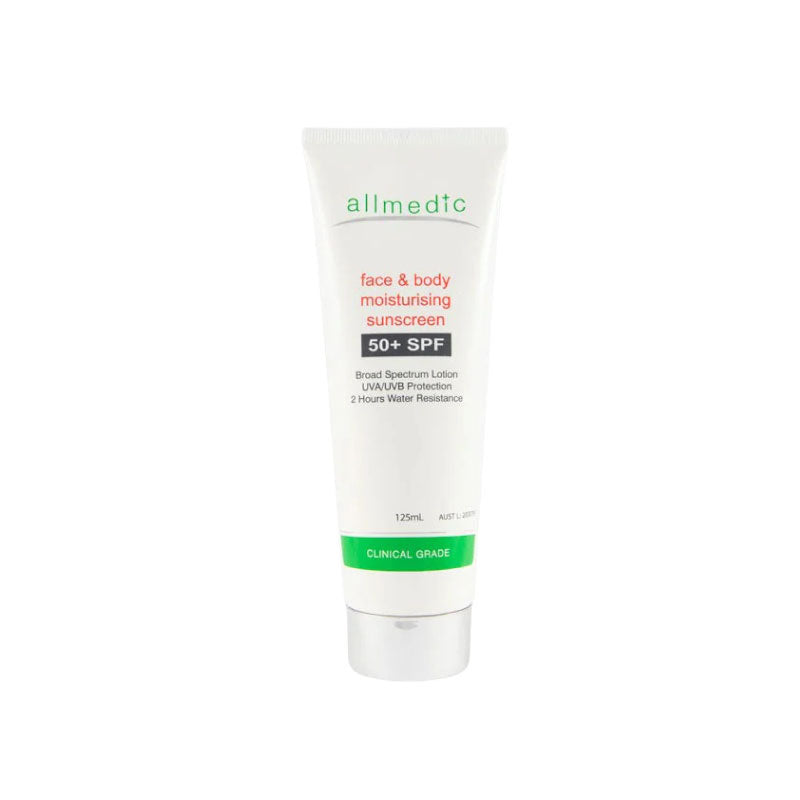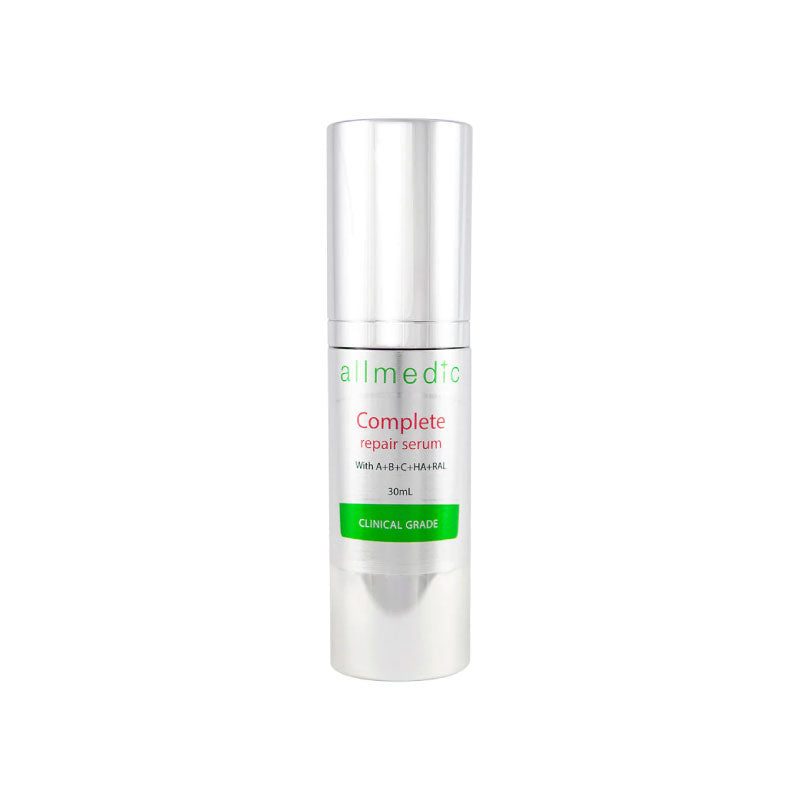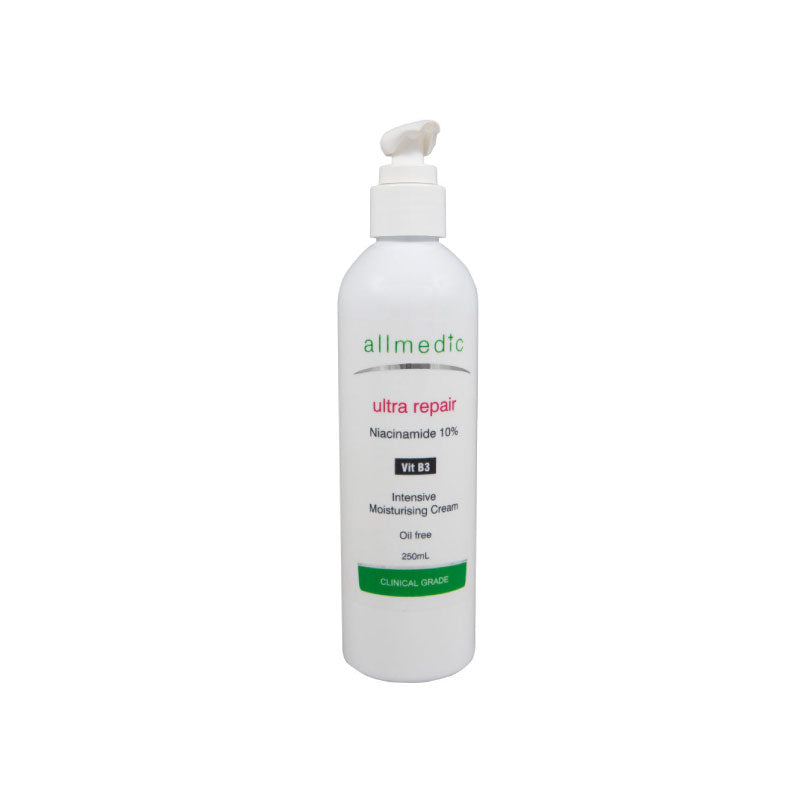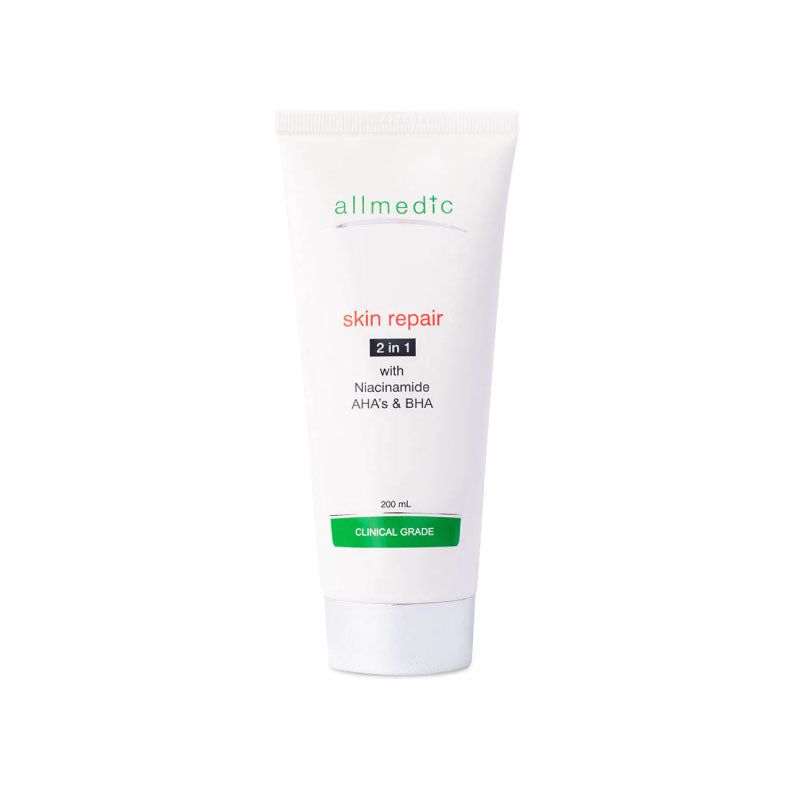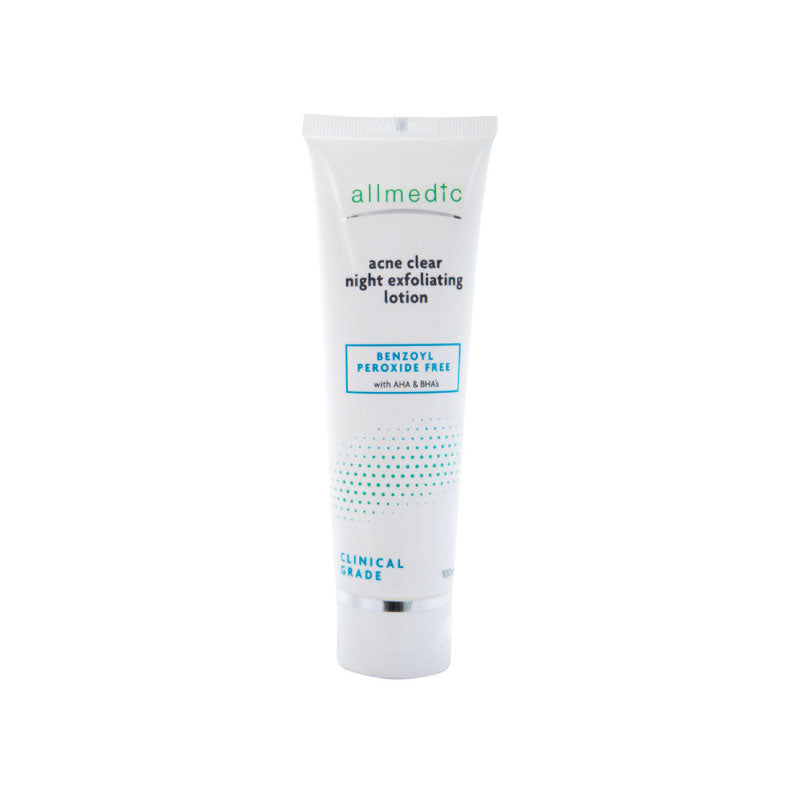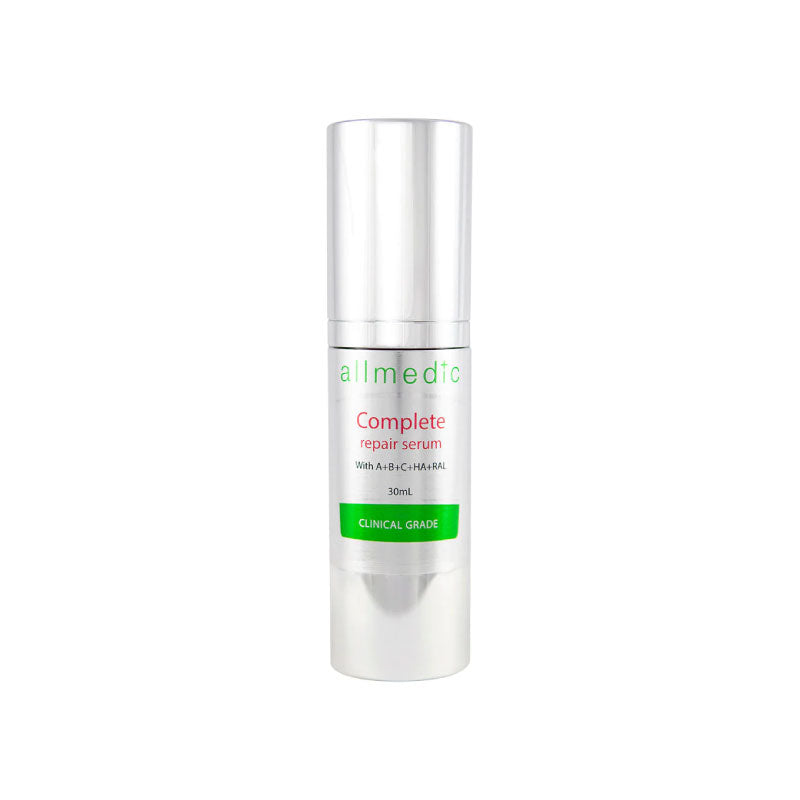Why Choose Us


Founded by Medical Doctors
Specialised and practiced in the fields of skin cancer, medical cosmetology, molecular immunology, and skin allergies.


Helping Healthcare Professionals
Providing doctors with services and tools to promote better skin health.
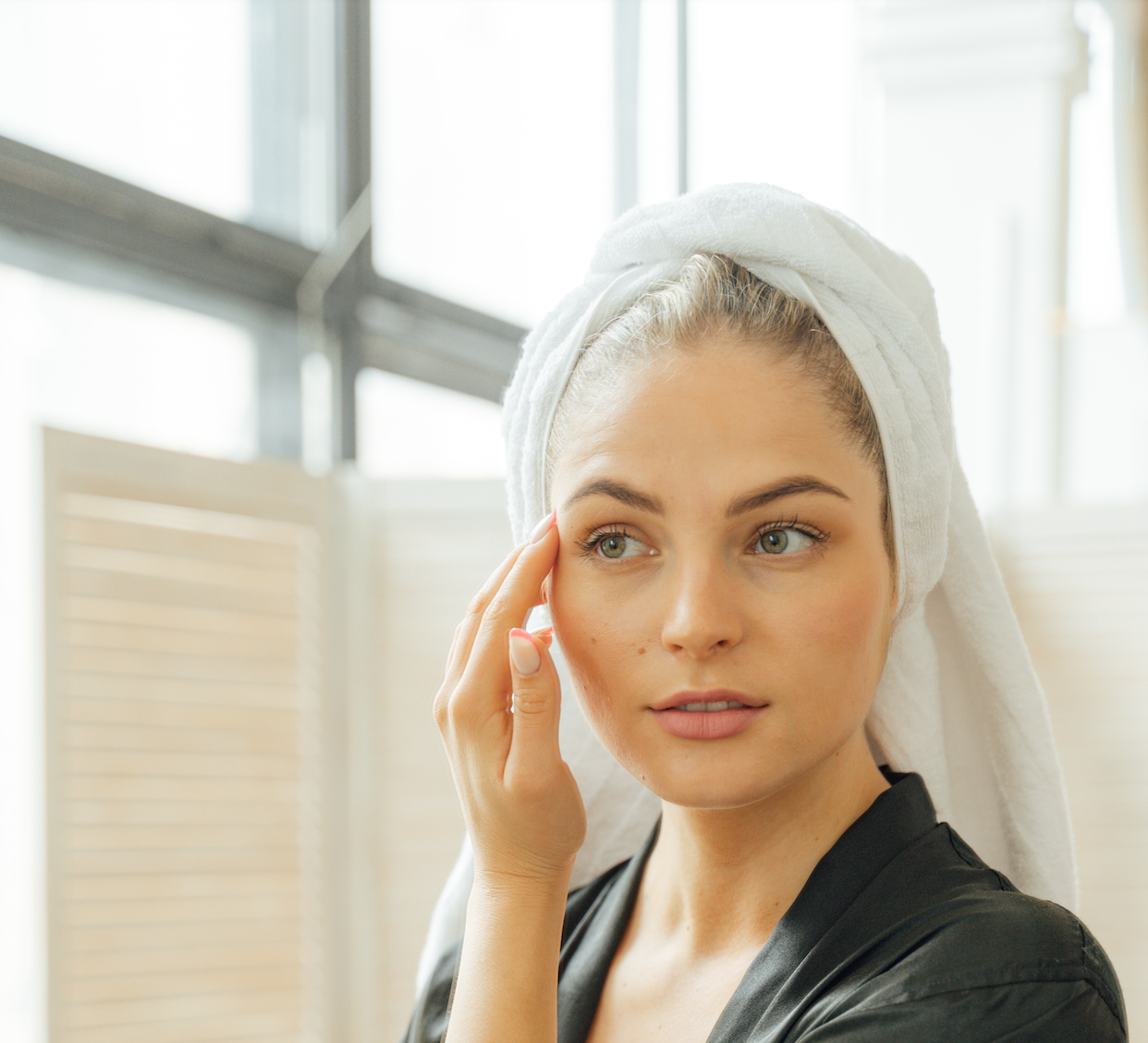
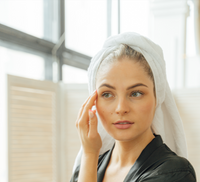
Helping Australians
Providing an alternative to traditional department store or pharmacy cosmetics.
What our customers say
Dark Spots On Skin
Understanding Dark Spots
Understanding the variety and causes of dark spots is crucial for effective treatment and management. Each type of dark spot may require a different approach, influenced by factors such as its origin and the individual's skin type.Types of Dark Spots
Dark spots on the skin, including age spots, sun spots, and melasma, differ not only in appearance but also in their underlying causes. Age spots, often called liver spots, usually occur due to sun exposure and are prevalent on skin areas that have had the most sun exposure. Melasma is more hormonally driven and often exacerbated by pregnancy and sun exposure, highlighting the need for targeted treatments.Why They Are Tricky to Treat
Treating dark spots is challenging due to the persistence of hyperpigmentation and the skin’s natural regeneration cycle. Topical products typically only fade very superficial spots, making it essential to set realistic expectations and use skin-lightening products judiciously to avoid damaging the surrounding skin or causing skin irritation.Prevention Strategies
To prevent the formation of new dark spots, sun protection is essential. Prolonged and excessive sun exposure can trigger or worsen hyperpigmentation. Using a broad-spectrum sunscreen with SPF 50 or higher can significantly minimise the risk. For example, our allmedic Sun Protection Face & Body SPF 50+ Sunscreen not only protects against the sun's rays but also helps prevent the appearance of new dark spots.Treatment Options
While severe sunburns might require dermatological treatments, many dark spots can be treated with a combination of at-home skincare and professional treatments like chemical peels and laser treatment.Exfoliation
Regular exfoliation helps to remove dead skin cells and can gradually fade dark spots. Products containing glycolic acid are particularly effective. The allmedic Skin Repair exfoliant promotes the shedding of the outer layer of skin cells, which helps to lighten dark spots and improve overall skin tone.Active Ingredients That Help - Niacinamide
Niacinamide is a powerhouse ingredient for those looking to treat hyperpigmentation. It helps by slowing down the transfer of melanin to the skin cells, effectively helping to fade dark spots and improve skin lightening. The allmedic Complete Repair Serum and allmedic Ultra Repair products, enriched with niacinamide, support skin barrier function and reduce inflammation, aiding in the treatment of hyperpigmentation.Conclusion
Managing dark spots requires a consistent skincare routine tailored to protect and treat the skin. Effective sun protection, regular use of exfoliating products, and treatments with ingredients like niacinamide can significantly improve the appearance of dark spots. Regular consultation with skincare professionals can also enhance outcomes, particularly for sensitive skin or darker skin tones.Frequently Asked Questions
What causes random dark spots on skin?
Random dark spots on the skin can develop due to various factors, including sun damage, ageing, and certain skin conditions. These spots, often a result of excess melanin production, can also be exacerbated by hormonal changes or skin injuries. Protecting your skin from excessive sunlight and avoiding tanning beds are critical preventive measures.
How do you get rid of dark spots on skin?
To treat dark spots effectively, use targeted skin-lightening products that contain ingredients such as glycolic acid or niacinamide. Regular application of these products can help fade dark spots by inhibiting melanin production. Additionally, professional treatments like chemical peels and laser therapy can be particularly effective in treating stubborn hyperpigmentation.
How can you prevent dark spots from forming?
Preventing dark spots primarily involves diligent sun protection. Always wear sunscreen with a high SPF that contains zinc oxide for broad-spectrum coverage. Avoiding the sun during peak hours and wearing protective clothing can also help reduce your risk of sun damage and subsequent dark spots.
How do you treat hyperpigmentation in darker skin tones?
Treating hyperpigmentation in darker skin types requires a gentle approach to avoid exacerbating the condition. Products formulated specifically for sensitive skin that help to evenly distribute pigment are advisable. Treatments such as topical retinoids, vitamin C serums, and the cautious use of chemical peels can be effective, always under doctor supervision to ensure safety.
How long does it take for hyperpigmentation to fade?
The time it takes for hyperpigmentation to fade can vary, typically ranging from a few months to a year, depending on the severity and the treatment method employed. Consistency in applying skin-lightening products and adhering to strict sun protection routines with products containing zinc oxide can accelerate the fading process.
What do cancerous age spots look like?
Cancerous age spots, or lesions that might signal skin cancer, can appear as irregularly shaped dark spots with uneven colouring. They may change in size, shape, or colour over time. It's crucial to spot skin cancer early by monitoring skin changes and consulting a skin doctor for any suspicious spots, especially those that evolve rapidly or differ significantly from other spots on your skin. Regular use of sunscreen can help prevent the formation of such spots.

